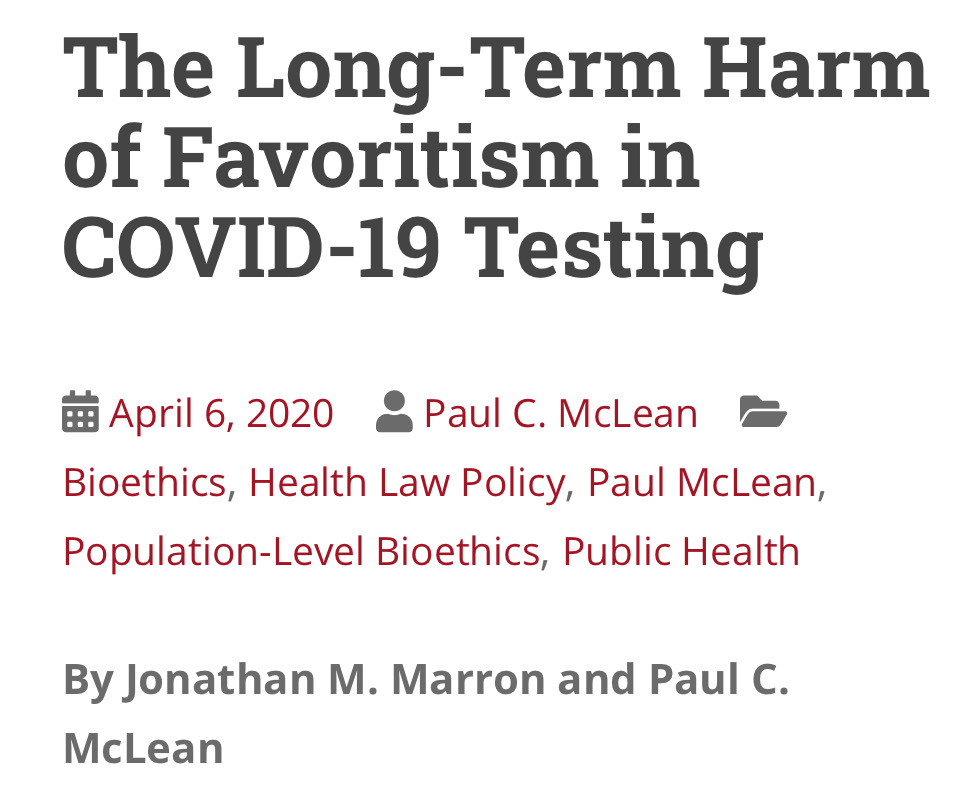
I've seen this report multiple times on my feed today so wanted to comment.
This is interesting (& promising) work but the report (biospace.com/article/resear…) VASTLY overstates the research findings.
#SIDS is awful, but we need to be careful with messaging here
A brief 🧵
1/x
This is interesting (& promising) work but the report (biospace.com/article/resear…) VASTLY overstates the research findings.
#SIDS is awful, but we need to be careful with messaging here
A brief 🧵
1/x
https://twitter.com/pedsmd2b/status/1524780913816653824
I cared for a few babies in residency who died of SIDS - they were the most awful experiences I've had in medicine (& I'm a peds oncologist, so that says something)
I can only imagine how heart-wrenching it is for families, many of whom feel blamed for their child's death
2/x
I can only imagine how heart-wrenching it is for families, many of whom feel blamed for their child's death
2/x
Some families whose babies die of SIDS are made to feel it's their fault
Others blame themselves, even if others dont blame them (Vaccines are sometimes blamed, but thats a diff story)
Experts now often say to families that, even if the cause is unknown, its NOT their fault
3/x
Others blame themselves, even if others dont blame them (Vaccines are sometimes blamed, but thats a diff story)
Experts now often say to families that, even if the cause is unknown, its NOT their fault
3/x
So there is guilt, & sadness, & on top of that, the hope that we all feel to better understand this awful event, & the hope that we can one day learn to prevent it
That is the context in which this new study comes out, with 1 circulated report here: biospace.com/article/resear…
4/x
That is the context in which this new study comes out, with 1 circulated report here: biospace.com/article/resear…
4/x
And another report here: abc.net.au/news/2022-05-0…
5/x
5/x
Importantly, though, the actual paper (in @eBioMedicine) doesnt make nearly the claims that the news reports do
Here's a link to the published paper (not paywalled!): sciencedirect.com/science/articl…
6/x
Here's a link to the published paper (not paywalled!): sciencedirect.com/science/articl…
6/x
The authors indeed find a statistically significant relationship between BChE levels from the newborn blood spots on day 2-3 of life and later SIDS death, when compared to matched controls
7/x
7/x

But this was a study that included only 26 SIDS cases -- this is a rare entity, but that's an extremely small sample
Further, while they matched for gender and age, there are many other factors that could play a role here that were not measured/accounted for
8/x
Further, while they matched for gender and age, there are many other factors that could play a role here that were not measured/accounted for
8/x
Importantly, the authors acknowledge this, arguing for future work to explore these findings further
While it can be argued that the paper's authors are too definitive re their conclusions/implications (IMO, they are), they go nowhere near as far as news reports, like here
9/x
While it can be argued that the paper's authors are too definitive re their conclusions/implications (IMO, they are), they go nowhere near as far as news reports, like here
9/x

So we need to pump the breaks on claiming we've "figured out" SIDS, much less that we have a way to prevent it
This is exciting research in a field that needs it. The researchers (interestingly, one of whom actually had a child tragically die of SIDS) should be commended
10/x
This is exciting research in a field that needs it. The researchers (interestingly, one of whom actually had a child tragically die of SIDS) should be commended
10/x
I cant imagine how it feels to have a child who died of SIDS, but circulating misleading info (false belief that we've "pinpointed the cause" for SIDS) or giving parents false hope that future kids wont die of SIDS serves no one
We can be excited about this work w/o that
11/x
We can be excited about this work w/o that
11/x
TL;DR: This is a⬆️exciting finding that COULD be an early step toward understanding (& ultimately preventing) SIDS
But reports overstating these findings arent helpful & might be counterproductive (or even harmful)
Full paper here, worth a read: sciencedirect.com/science/articl…!
/fin
But reports overstating these findings arent helpful & might be counterproductive (or even harmful)
Full paper here, worth a read: sciencedirect.com/science/articl…!
/fin
• • •
Missing some Tweet in this thread? You can try to
force a refresh




